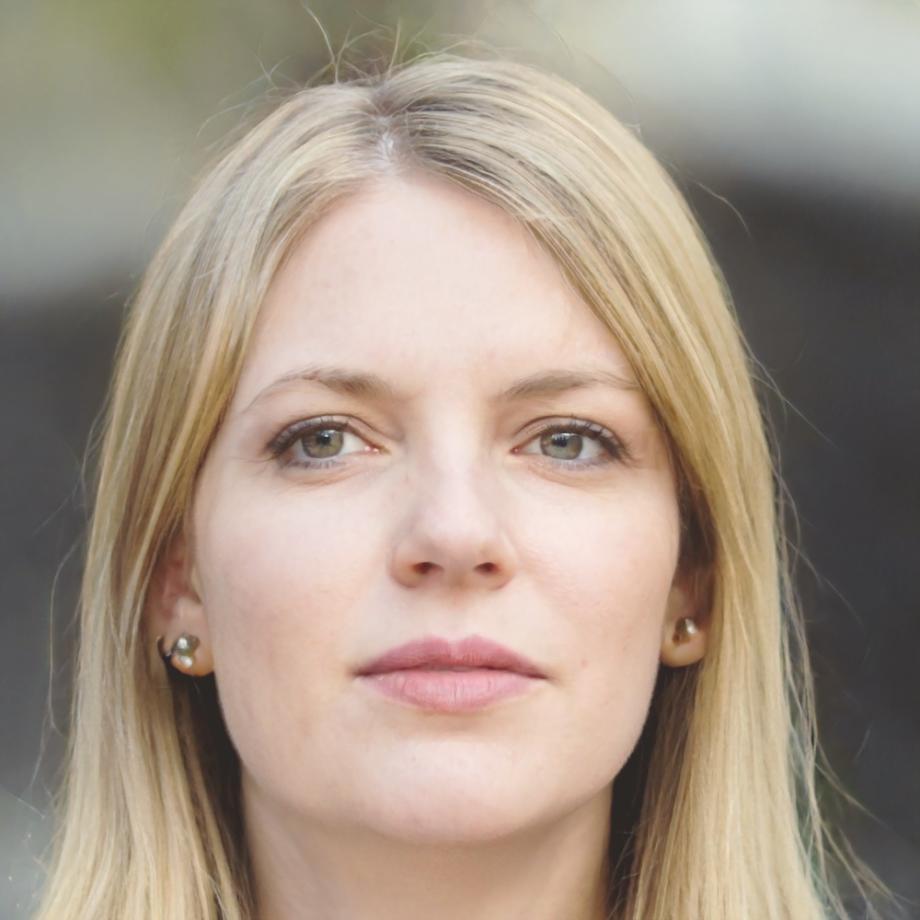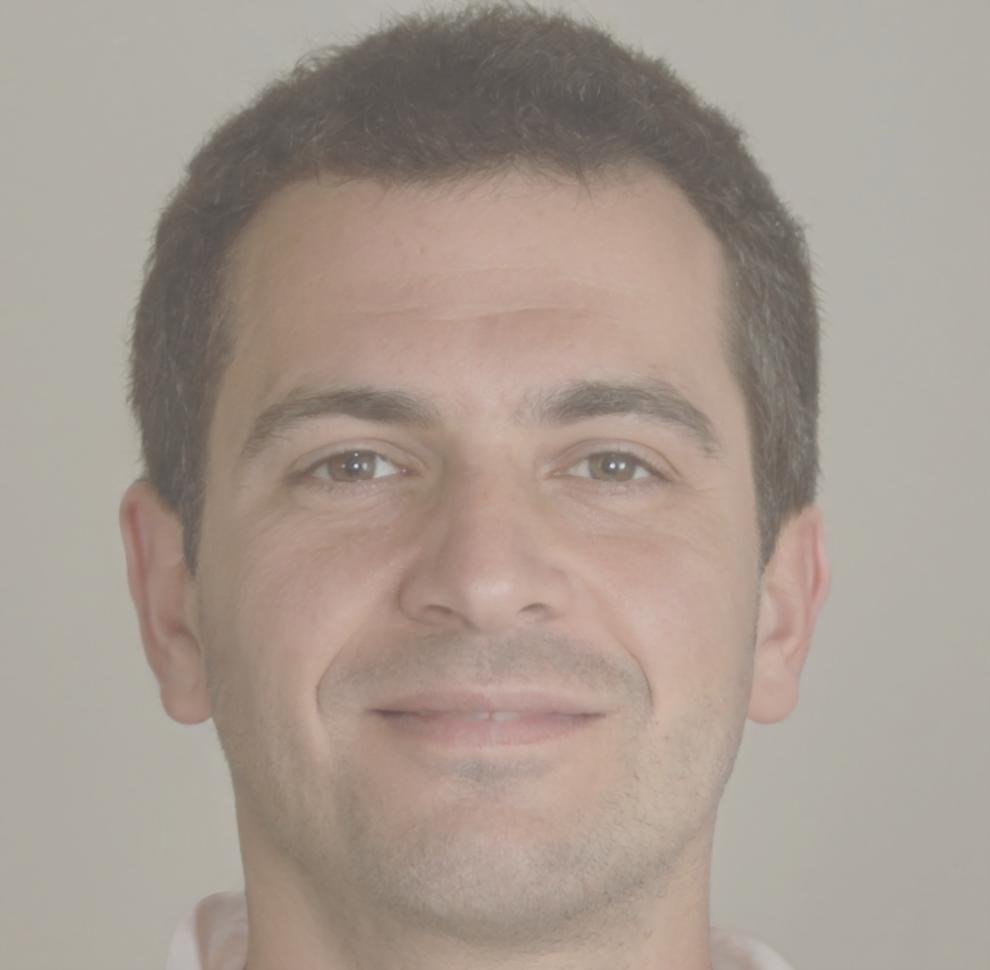Real Results, Real People
See how our budget psychology program has helped participants build stronger financial habits and develop lasting money management skills
Report improved spending awareness
Complete all program modules
Average habit formation time
Learning Journeys That Matter
Every participant brings unique challenges and goals. Here's how two of our recent graduates developed their financial decision-making skills through structured learning.

Zara K.
Marketing coordinator, joined program in March 2025
Starting Point
Struggled with impulse purchases and felt disconnected from spending decisions. Often surprised by credit card balances at month's end.
Mid-Program
Began recognizing emotional spending triggers. Started using the pause-and-reflect technique before major purchases.
Current State
Maintains detailed spending awareness and has developed personalized decision-making frameworks that align with her values.

Kieran M.
Small business owner, completed program in January 2025
Initial Challenge
Mixed personal and business spending habits. Found it difficult to separate emotional money decisions from practical business needs.
Learning Phase
Discovered how stress affected his financial choices. Learned to identify when emotions were driving spending decisions.
New Approach
Now uses structured decision-making processes for both personal and business expenses. Reports feeling more confident about money choices.
What Success Looks Like
Our participants often tell us the most valuable outcome isn't just better budgeting—it's the confidence that comes from understanding their own money psychology. When you know why you make certain financial decisions, you can make more intentional choices.
The next program cohort begins in August 2025. We're accepting applications through June for participants ready to explore the psychology behind their spending patterns.
Apply for August CohortStructured learning with weekly modules and reflection exercises
Average program satisfaction rating from 2024-2025 participants
Maximum cohort size to ensure personalized attention
Post-program support and check-in sessions included